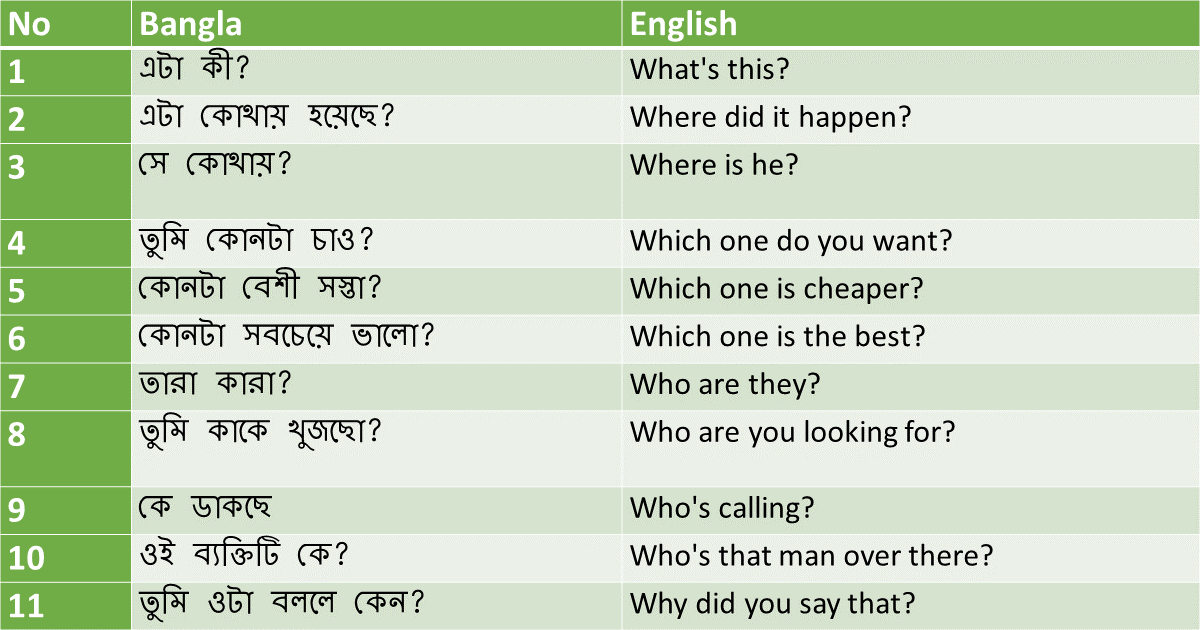Mastering the GRE (Graduate Record Examination): A Comprehensive Guide
Title: Mastering the GRE (Graduate Record Examination): A Comprehensive Guide
Introduction: The GRE (Graduate Record Examination) is a standardized test widely used for admissions to graduate programs in the United States and other countries. It assesses a student's readiness for advanced study in various fields and provides graduate schools with a standardized measure of applicants' skills. In this blog post, we will delve into the details of the GRE, including its structure, sections, scoring, preparation tips, and its significance in the graduate school admissions process.
-
GRE Overview: The GRE is administered by the Educational Testing Service (ETS) and consists of three main sections: Verbal Reasoning, Quantitative Reasoning, and Analytical Writing. It is typically taken by students who are planning to pursue a master's or doctoral degree.
-
GRE Sections: a. Verbal Reasoning: This section assesses a student's ability to comprehend and analyze written material, evaluate arguments, and apply vocabulary skills in context.
-
GRE Scoring: The GRE is scored on different scales for each section. Verbal Reasoning and Quantitative Reasoning are scored on a scale of 130 to 170 in one-point increments, while Analytical Writing is scored on a scale of 0 to 6 in half-point increments. These scores are used by graduate schools to assess applicants' abilities and potential.
-
Importance of the GRE in Graduate School Admissions: The GRE is an essential component of the graduate school application process. It provides a standardized measure for comparing applicants from different educational backgrounds. A strong GRE score can positively impact admission decisions and scholarship opportunities.
-
GRE Preparation: Effective preparation is crucial for performing well on the GRE. Here are some preparation tips:
- Familiarize yourself with the test format, question types, and time constraints.
- Create a study schedule and allocate time for each section.
- Utilize study materials, such as GRE prep books, online resources, and practice tests.
- Identify areas of weakness and focus on improving them through targeted practice.
- Develop time management and test-taking strategies.
- Consider joining study groups or seeking guidance from GRE tutors or test prep professionals.
b. Quantitative Reasoning: The Quantitative Reasoning section measures a student's problem-solving abilities and mathematical aptitude, including arithmetic, algebra, geometry, and data analysis.
c. Analytical Writing: The Analytical Writing section requires students to write two essays: an "Issue" task that presents a perspective on a general issue and an "Argument" task that analyzes an argument's logical validity.
Conclusion: The GRE plays a significant role in the graduate school admissions process. Understanding its structure, sections, scoring, and effective preparation strategies can enhance your chances of achieving a competitive score. Remember that the GRE is just one aspect of your application, and other factors such as your GPA, letters of recommendation, and statement of purpose are also important. By dedicating time and effort to GRE preparation, you can showcase your abilities and enhance your prospects of gaining admission to your desired graduate program. Good luck on your GRE journey!




































